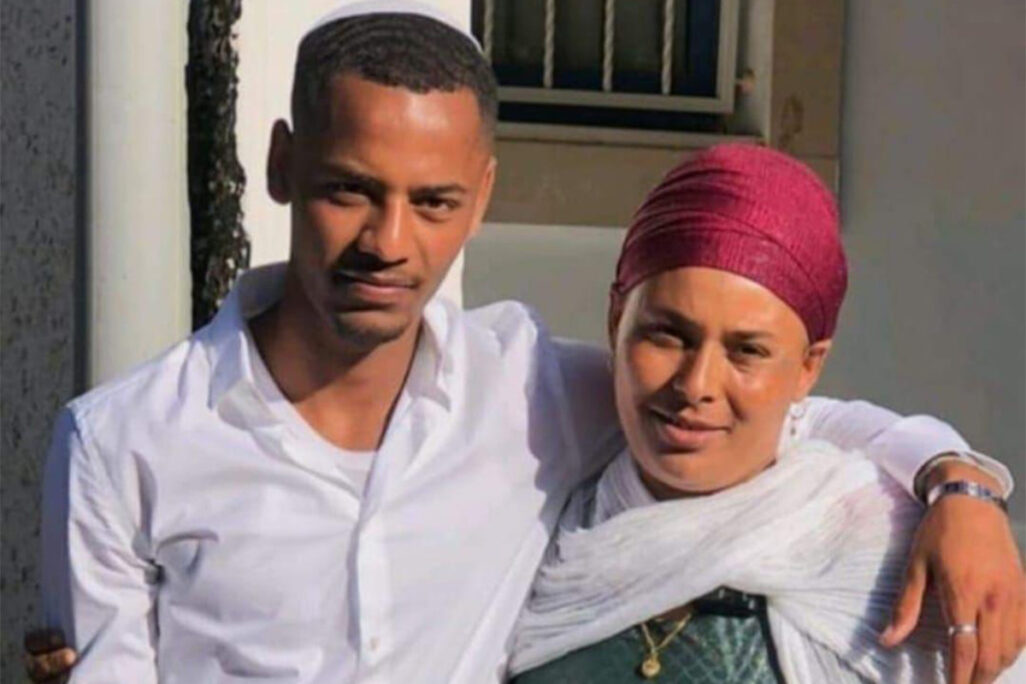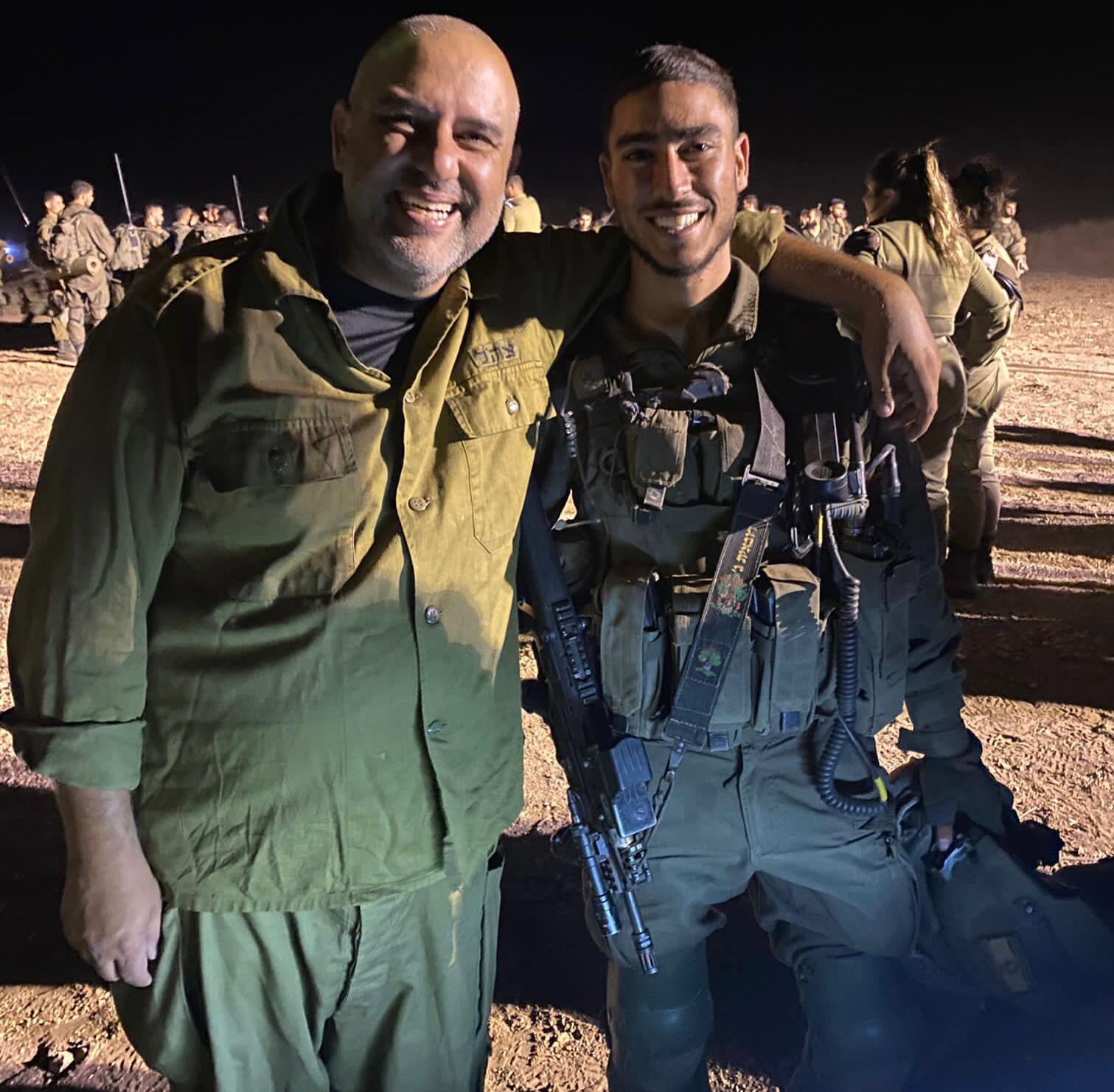
"We’ve barely had time to mourn since my brother’s death," said 19-year-old Rebekah Alem of her brother, Staff Sergeant Maru Alem, who fell in battle near Kibbutz Nir Oz on October 7th. It was not until February 21st that her half-brother, Tamera Bakalo, received approval from the Minister of the Interior to make aliyah to Israel after waiting for years in Ethiopia. "He didn't make it to the funeral, which was most important to us. We tried to have the army bring him, but it didn't work out. From the moment they allowed him to enter, we did everything to get them to allow him to stay."
Thousands of family members of Israelis of Ethiopian descent have been waiting for years in Ethiopia for Israeli approval to emigrate, the majority of them in Gondar and Addis Ababa. The Alem family immigrated to Israel in 2012, leaving Tamera Bakalo behind with his paternal grandmother. Over the years, their mother Yagbal tried to acquire approval for him to immigrate, without success. Less than a month before his brother died in combat, Bakalo’s request for immigration was rejected. Only after working with Yoel Dagan and putting pressure on the Minister of the Interior, Moshe Arbel (Shas Party), did the state relent and grant permission for Bakalo to remain in Israel on a permanent basis due to "humanitarian circumstances."
"Yoel Dagan really helped us," Rebekah Alem said. Dagan's son, Shalev, was a soldier in the 51st Battalion of the Golani Brigade and was killed in the same encounter with terrorists in which Maru Alem was killed on the first day of the war. "Their blood mingled together, they made us into a family," says Dagan. "There's a bereaved mother here that the state abandoned. It causes human suffering.
"Shlomo and Maru’s unit was among the first to encounter the terrorists, at the border near Nir Oz," Dagan recounted. "They had five encounters on the way to the kibbutz before they received a distress signal. Along the way, they neutralized many terrorists. Their accomplishment was that they prevented the terrorists from infiltrating the communities." Dagan received the news about his son while he was serving in reserve duty, having been called to serve on the morning of October 7th.
"I didn't get to know Maru's family until the shiva," said Dagan, referring to Judaism’s traditional seven-day mourning period. "The parents didn't speak Hebrew at all, and they weren't part of the ceremonies and meetings I organized for the soldiers. I heard about the situation with the brother when we were sitting shiva; I talked to a neighbor who spoke Hebrew and Amharic, and through him I understood the story."
After the shiva ended, Dagan visited the Alem family and understood what happened. By the following day, Dagan explained, "I was already in a conversation with the Minister of the Interior, who promised to help." While the status was resolved after "lots of battles and bureaucracy," Dagan sees what happened as a failure.
"I clarified to the director-general of the Population Authority that it's sad that they think it's a victory. They didn't learn anything – what the mother went through, the things I had to do, the way I had to behave."

"It's all thanks to Yoel," Rebekah Alem said, recounting that he treated her brother's status request as a military operation. "He told me who to talk to and when, and when I found it difficult, he did it. What was most painful was seeing my mother endure this. It took a long time, but there's nothing to be done, we make do with what we have and what remains."
"My brother was reserved," she says about Maru, whom she studied with at school until he transferred to the Ben Yakir boarding school in the Jezreel Valley. "He didn't open up much and didn't talk much. When his friends came, we heard a lot of stories about him. I saw their love for him in their eyes. I'm glad my brother knew such people and was with them in his final moments.
"I don't understand Israel. Why separate a mother from her son? There are many cases of mothers crying because their children are there. I don't think it's logical. Allow the whole family to immigrate."
This article was translated from Hebrew by Marina Levy.






